So, you have the tools to be prepared, you know how to plan for the “not-so basics,” and you know the critical steps to protect your assets. What else could be left?
Get to know your community. Get involved with your community. Help your community.
It takes a whole community to be prepared, safe, and resilient. When whole communities are involved, everyone is better prepared. Let’s finish up!
#22: Be in the know on who to know.
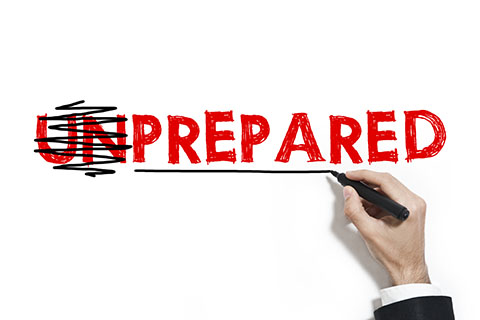
Learn who your county and local emergency management coordinators are.
If they send messages through social media or their website, it’s a handy way to find relevant information.
Additionally, if you have special needs, it's important they know so they are better able to plan to respond when disaster strikes.
Find your county emergency management department and other helpful information.
#23: You could be the help until help arrives.
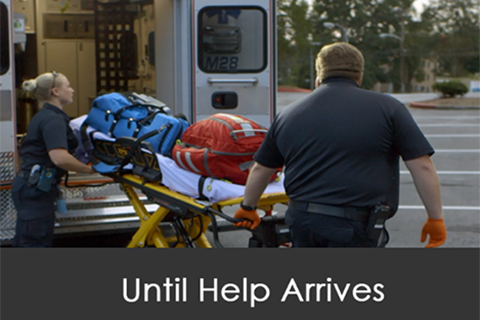
If you came upon a person experiencing an emergency and help had not yet arrived, would you know what to do?
Here are five simple steps that may save a life.
- Call 9-1-1
- Stay safe
- Stop the bleeding
- Position the injured
- Provide comfort
Check out the Federal Emergency Management Agency's free training to help you gain a better understanding of these steps. It could save your, a loved one's, or even a stranger's life.
#24: The basics are good, too.

Take basic first aid and CPR classes.
The American Red Cross offers classes that will teach you how to help those experiencing certain health emergencies.
The first aid certification classes will help you care for people in crisis as they wait for medical professionals to arrive.
#25: Being prepared is “cool for school”...
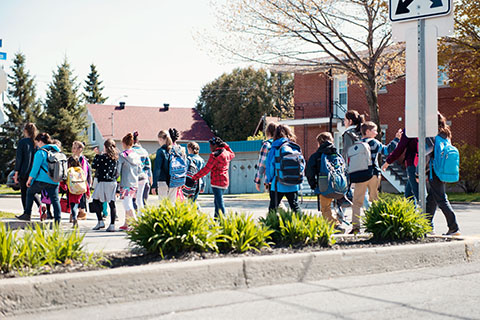
Do the schools in your community have emergency plans? Most likely yes.
If you have loved ones that attend or teach at the school, it’s important to know their plans.
Contact the school’s administration office and ask for their emergency plan information. Don't stop there. Incorporate that into your family’s emergency plan.
#26: ...and around town, as well.
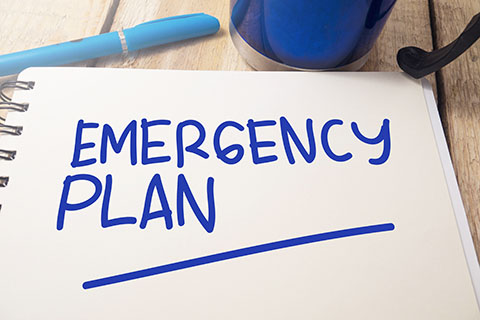
Your local or county emergency management coordinators also have emergency plans.
Contact them and ask what you need to know. And don't forget to incorporate that into your family’s emergency plan, too.
#27: Be involved in your neighborhood.

Have you heard of the phrase, “it takes a whole community?” Well, when it comes to preparing for and recovering from emergencies, it does!
Neighbors helping neighbors. You can help your neighbor and get involved with a Community Emergency Response Team (CERT) in Pennsylvania.
CERT is a group of neighbors trained in disaster preparedness, response, and recovery. CERT responds to help their neighbors during disaster situations. Learn more about CERT and how to participate by downloading the CERT Program Fact Sheet.
#28: Your community could use your help.
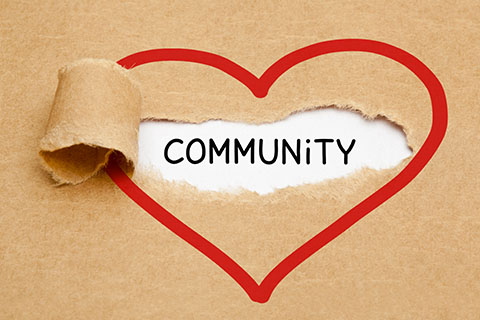
Did you know that 90 percent of the more than 2,200 fire companies in Pennsylvania are volunteer?
Our communities rely heavily on volunteer fire, EMS, and emergency management personnel.
But you don’t have to run into a burning building to be involved. From fundraising to newsletters, volunteer companies need your help.
Learn more about how you can be involved with your local fire or EMS department on the Fire Corp website.
#29: Consider volunteering.
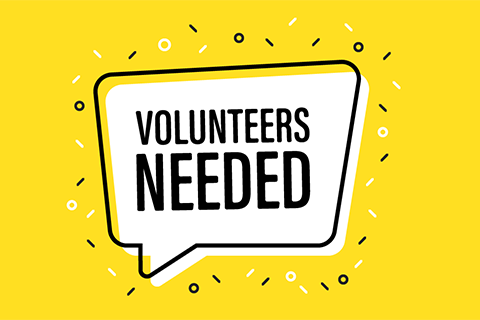
There are many organizations that help communities recover.
From a home fire to flooding in a town, survivors need help to return to “normal.”
If you don’t know of an organization in your area, visit ready.gov for opportunities.
Wait, what happened to tip number 30?!
That’s the most helpful tip of all. Next week, you'll learn how you can win one of 10 wind-up radio and phone chargers!